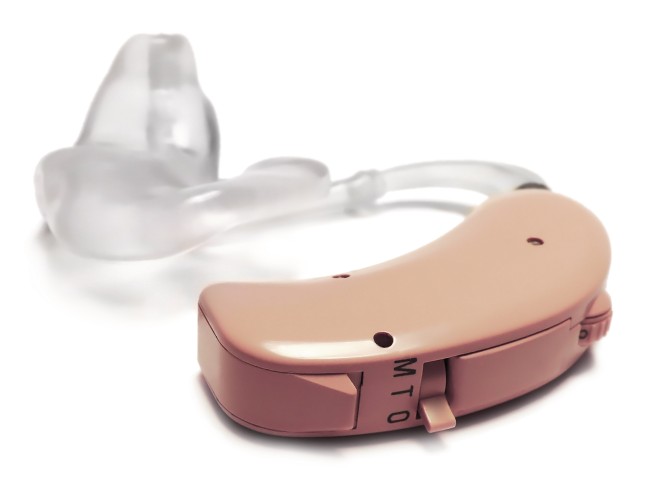Comments
Background
The expanding field of consumer-focused medical devices brings health solutions right into Americans' homes on a daily basis. A primary example is the simple toothbrush — an inexpensive, over-the-counter product that crucially promotes oral hygiene across the population. Easy access to toothbrushes enables people to practice dental care routines that reduce plaque buildup and prevent tooth decay and gum disease. Upwards of 90 percent of American households use toothbrushes, powering positive dental health outcomes.
Beyond dental care, at-home medical devices like blood pressure monitors, thermometers, and blood glucose meters conveniently empower people to measure and track vital health parameters themselves on a regular basis. Making medical devices readily available to consumers not only educates people about their health, but equips them with tools for early diagnosis and condition management at home. The everyday use of these accessible products generates data that can be shared with doctors, building a fuller picture of each person's health over time for more personalized and proactive care. Ultimately, consumer-focused innovations bring critical health surveillance and treatment capabilities out of hospitals and directly to Americans.
The Issue
Some states and localities are attempting to apply extended producer responsibility laws to consumer medical device battery recycling.
CHPA’s Position
Imposing extended producer responsibility (EPR) laws on medical device makers would be an excessive regulation given that most major companies in the industry have already implemented voluntary programs for free consumer battery recycling. Forcing additional EPR regulations on medical device manufacturers who are already promoting environmental sustainability through their own battery and hardware recycling initiatives would incur unnecessary costs that companies may pass on to consumers — making consumer medical devices less affordable for American families.


